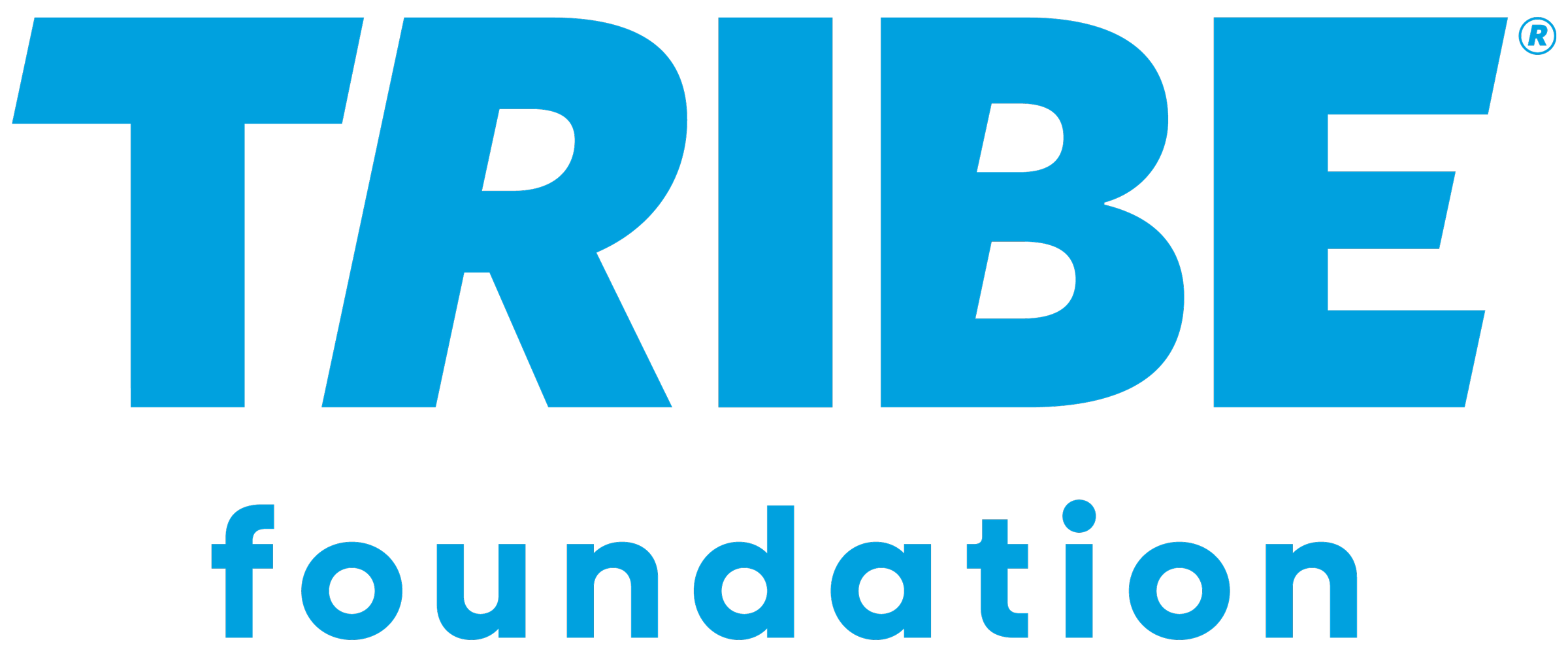The UK Independent Anti-Slavery Commissioner, TRIBE Freedom Foundation and Themis Financial Crime Agency are collaborating on a key industry-wide research programme, investigating how the financial services industry can work to improve best practice in identifying and preventing modern slavery and human trafficking.
Watch our short introductory video below.
A recent polling study of UK financial sector employees, conducted as part of the research by TRIBE Freedom Foundation and Themis, has found worryingly low levels of awareness of the risks relating to modern slavery amongst financial sector employees.
Following the publication of the polling study, Dame Sara Thornton, the Independent Anti-Slavery Commissioner, has called on the UK financial sector to play a more proactive role in the fight against modern slavery.
** Read the full Financial Industry Modern Slavery Awareness Survey report here **
Key findings:
• 39% of senior employees in financial services do not believe that modern slavery occurs in the UK. This is despite a record 10,627 potential victims supported in the National Referral Mechanism in 2019 and recent prosecutions such as Operation Fort, which highlighted the key role banks have in facilitating the crime.
• Only two-fifths of respondents (39%) think their organisation has a policy to manage modern slavery risks. A third (33%) are unsure whether their organisation has a policy to manage modern slavery risks and just over a quarter (29%) believe their company does not have one. The Modern Slavery Act requires certain firms with a turnover of over £36 million to take steps to prove they have investigated their supply chains to eradicate any instances of modern slavery.
• Over three quarters (77%) believe that their organisation could do more to address the risks of modern slavery and human trafficking within the financial services industry.
Modern slavery and human trafficking is one of the most profitable crimes in the world, with forced labour generating an estimated US$150 billion per year for organised criminal gangs. A portion of these illicit profits are flowing through UK financial institutions.
Yet one of the key emerging findings of the research is that developing modern slavery policies can be perceived as a “box-ticking exercise” and less important than other risk areas, such as fraud and cyber crime. Policies and practices to mitigate modern slavery risks are inadequate and inconsistent across the sector. This is manifesting itself in the worryingly low levels of awareness of the risks amongst financial sector employees and a culture that is ill-equipped to identify and prevent modern slavery through their operations.
Dame Sara Thornton, UK Anti-Slavery Commissioner, said:
“Despite a legal requirement for many big businesses in the UK to have a modern slavery statement, this research reveals that nearly 40% of senior leaders in our financial services sector are unaware that modern slavery is taking place right here and now in the UK. We urgently need to improve understanding of modern slavery risks in this sector. Leadership needs to come from the top, and financial services must drive change across their sector, working with clients and investors to prevent this crime from taking place.”
Tom Stancliffe, TRIBE Freedom Foundation CEO, said:
“Our findings have exposed worryingly low levels of awareness of modern slavery risks throughout the financial sector. Yet the financial sector is in a unique position to be a leader in the fight against modern slavery but this can only happen if it adopts a more pro-active approach
and takes the issue more seriously.”
Dickon Johnstone, Themis CEO said:
“This research programme asks how financial institutions are set up to prevent modern slavery. Are they directly or indirectly contributing to this issue, and what checks and balances do they have in place to monitor and mitigate their own business, their clients and their supply chains? This is an exciting initiative, and I invite all financial services institutions to get involved.”

